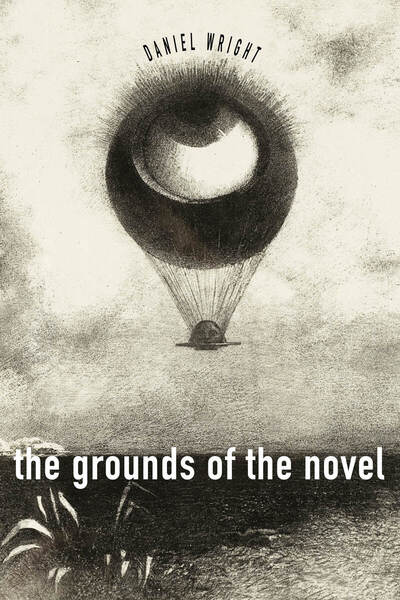
January 2024
246 pages.
from $28.00
Paperback now $14.00 (50% off)
Hardcover ISBN: 9781503636835
Paperback ISBN: 9781503637559
Ebook ISBN: 9781503637566
What grounds the fictional world of a novel? Or is such a world peculiarly groundless? In a powerful engagement with the latest debates in novel theory, Daniel Wright investigates how novelists reckon with the ontological status of their works. Philosophers who debate whether fictional worlds exist take the novel as an ontological problem to be solved; instead, Wright reveals the novel as a genre of immanent ontological critique.
Wright argues that the novel imagines its own metaphysical "grounds" through figuration, understanding fictional being as self-sufficient, cohesive, and alive, rather than as beholden to the actual world as an existential anchor. Through philosophically attuned close readings of novels and reflections on writerly craft by Thomas Hardy, Olive Schreiner, Colson Whitehead, Virginia Woolf, Zadie Smith, Henry James, and Akwaeke Emezi, Wright shares an impassioned vision of reading as stepping into ontologically terraformed worlds, and of literary criticism as treading and re-treading the novel's grounds.
About the author
Daniel Wright is Associate Professor of English at the University of Toronto and the author of Bad Logic: Reasoning about Desire in the Victorian Novel (2018).
"The Grounds of the Novel is an exceptionally bold and brave work that pushes our understanding of the essence of fiction in new directions. This utterly original book will interest all scholars of the novel, particularly students of radical ontology."
—Adela Pinch, University of Michigan
"In this lyrical and intimate book, Wright invites us to look again at what metaphors of fictional being might do. Reconfiguring the metaphysics of the novel across time, he lays new groundwork for the intersection of personal and philosophical criticism."
—David James, University of Birmingham
"This is a bold ontological reframing of the novel—not a problem to be solved, but a world to be explored. Highly recommended."
—S. J. Shaw, CHOICE
"Daniel Wright's fascinating new study The Grounds of the Novel argues that novel worlds have even stranger ontological foundations than ours.... This book examines what lies 'all the way down' beneath novels, bearing up the soil on which characters walk. For Wright, the strange ontological foundations of novelistic worlds become a 'resource' for thinking through our own ambiguities and ethics of being."
—Timothy Gao, Review 19